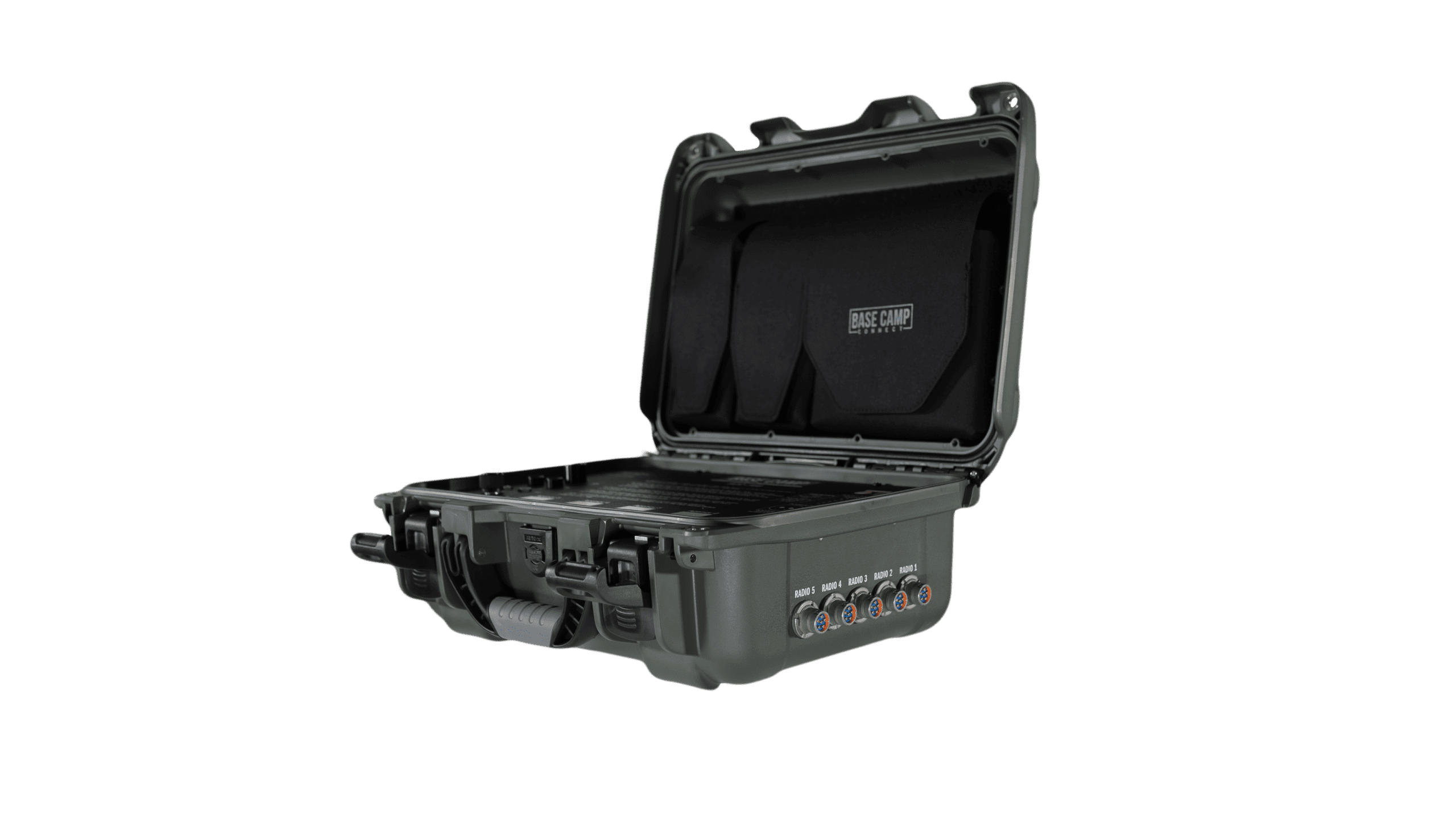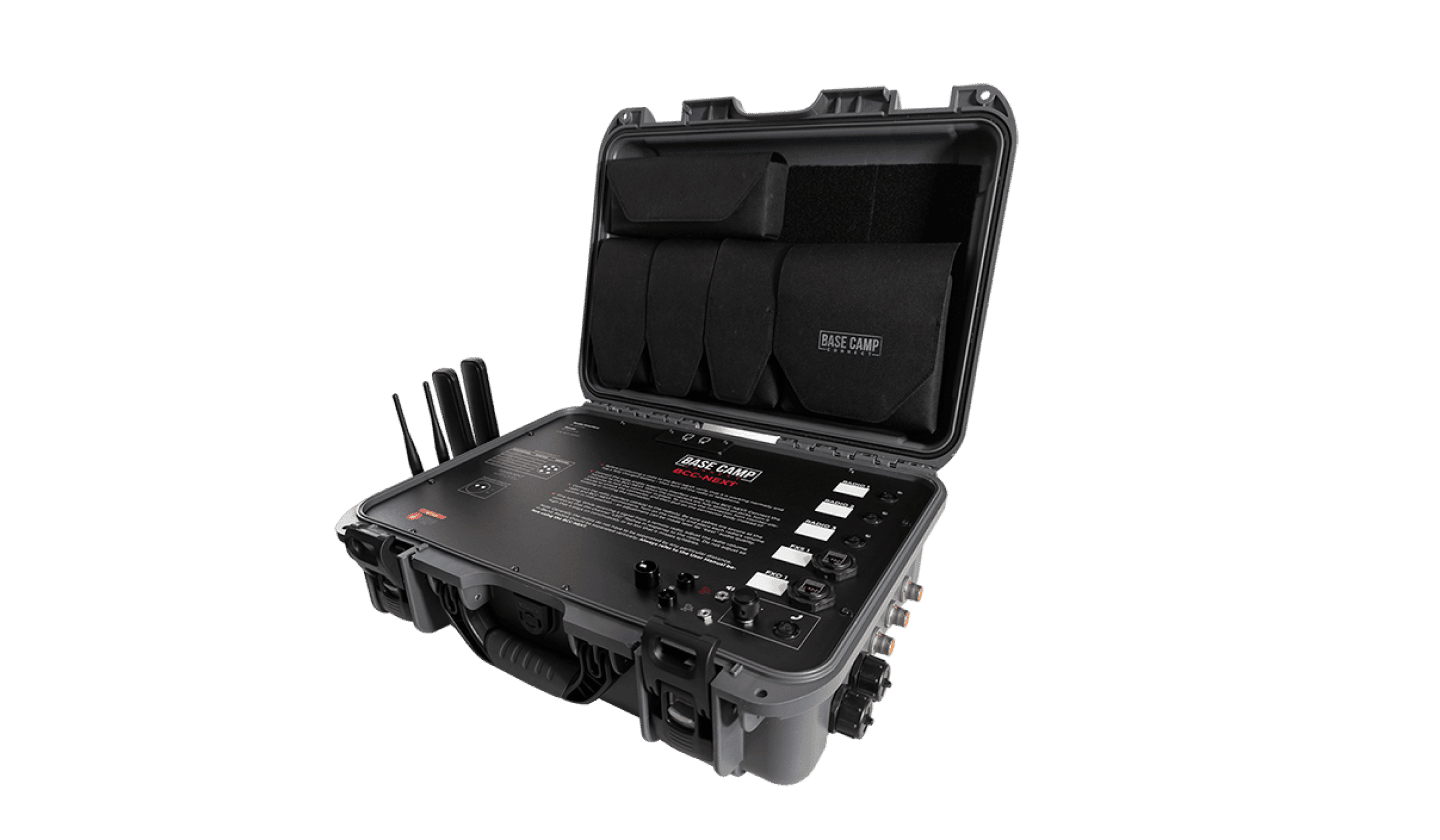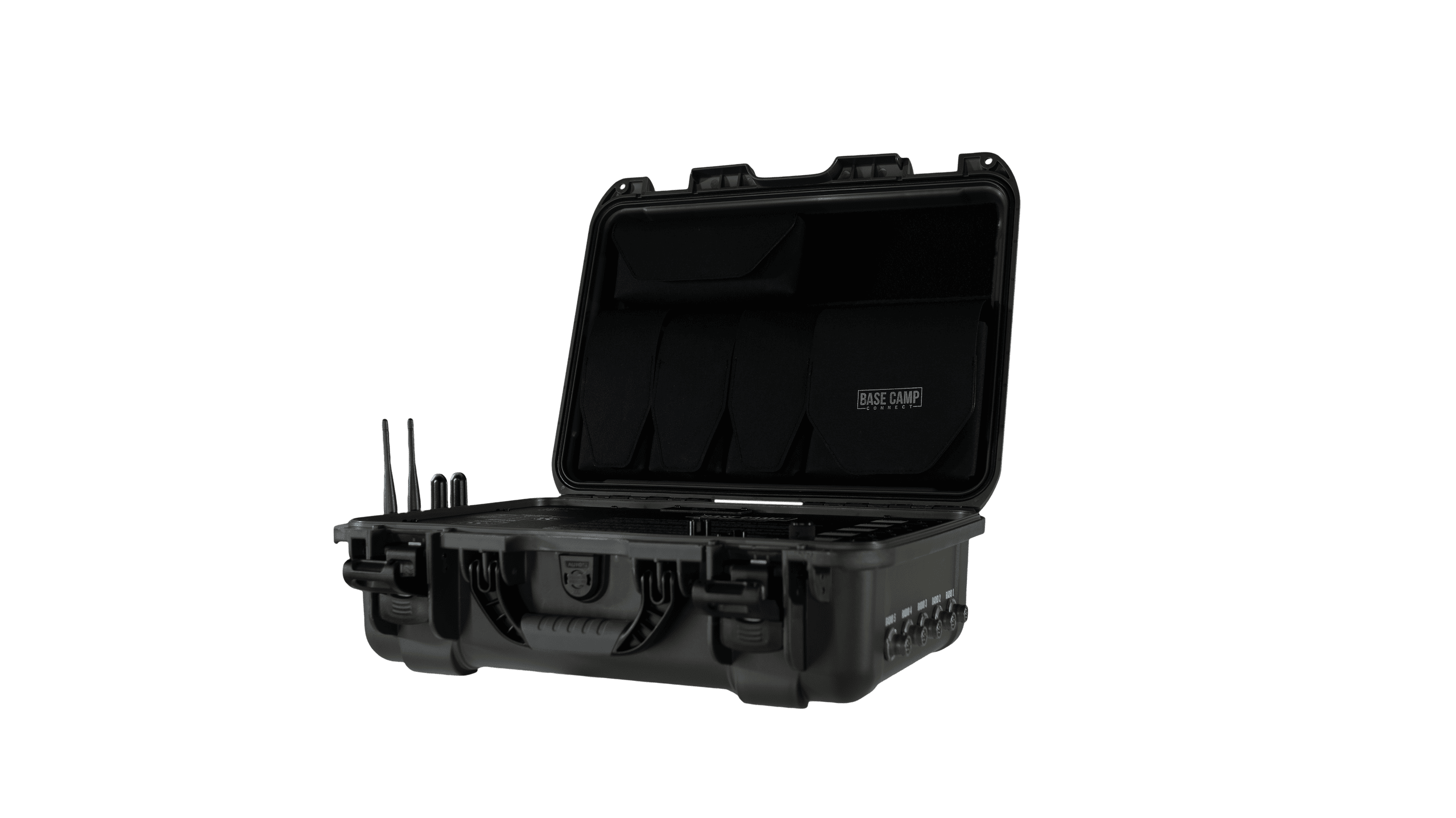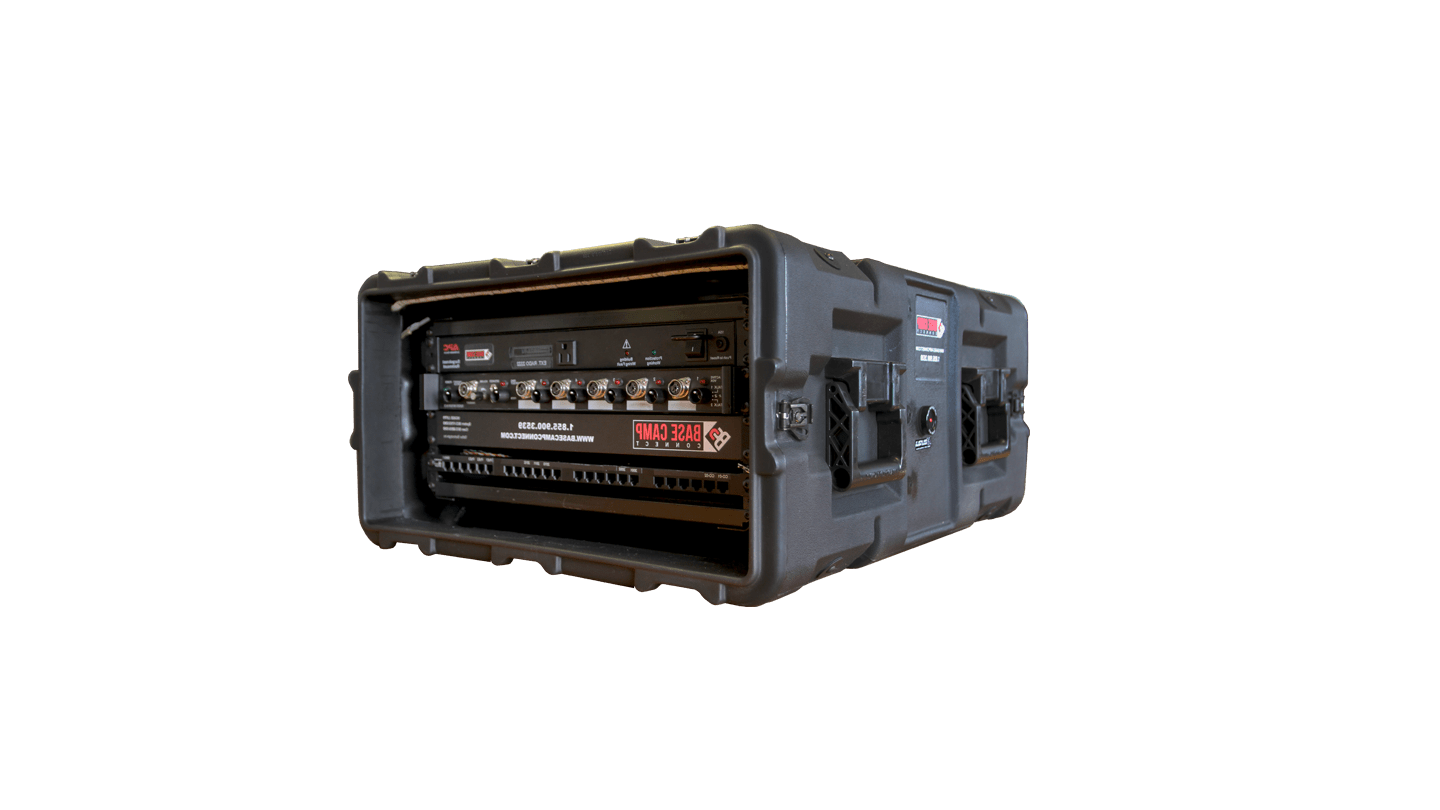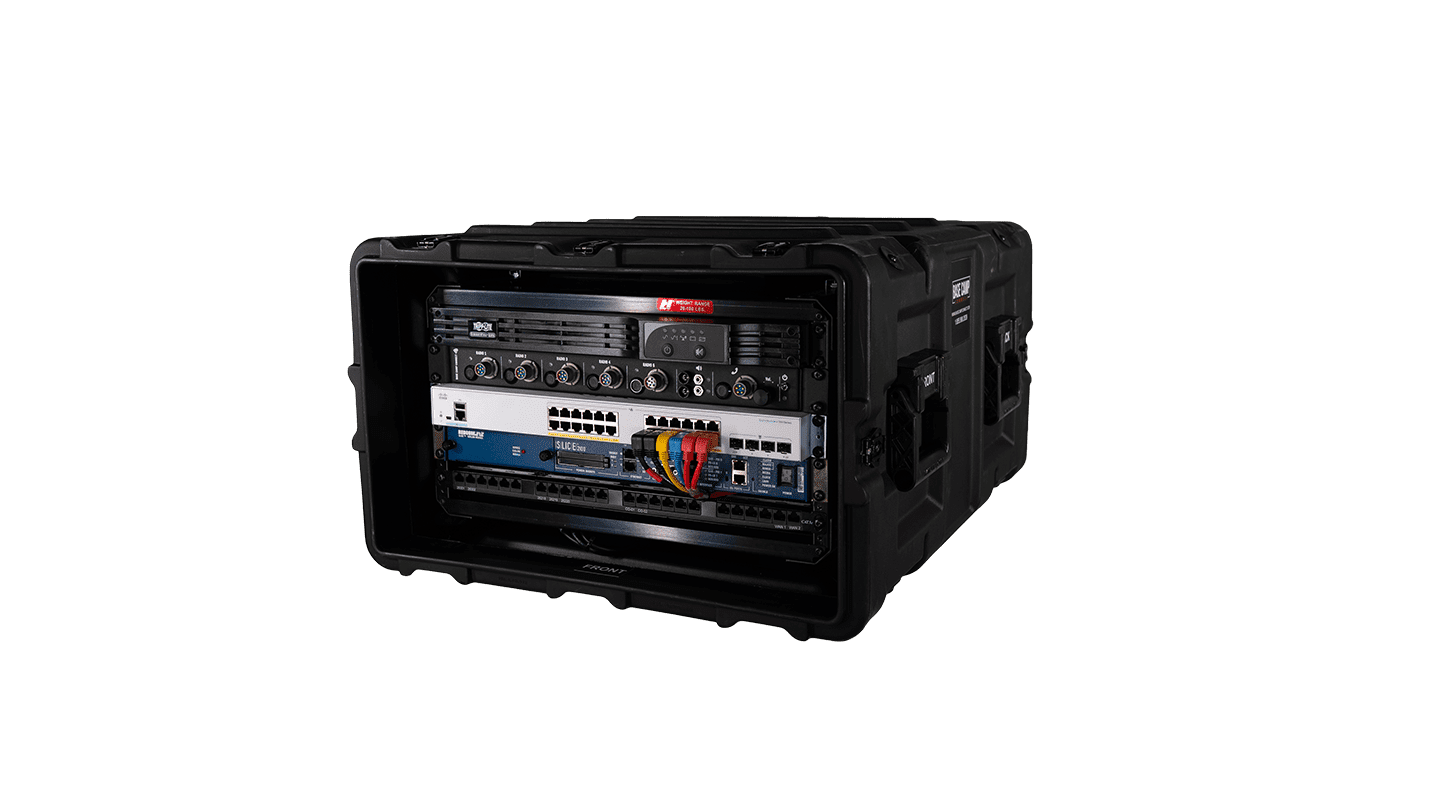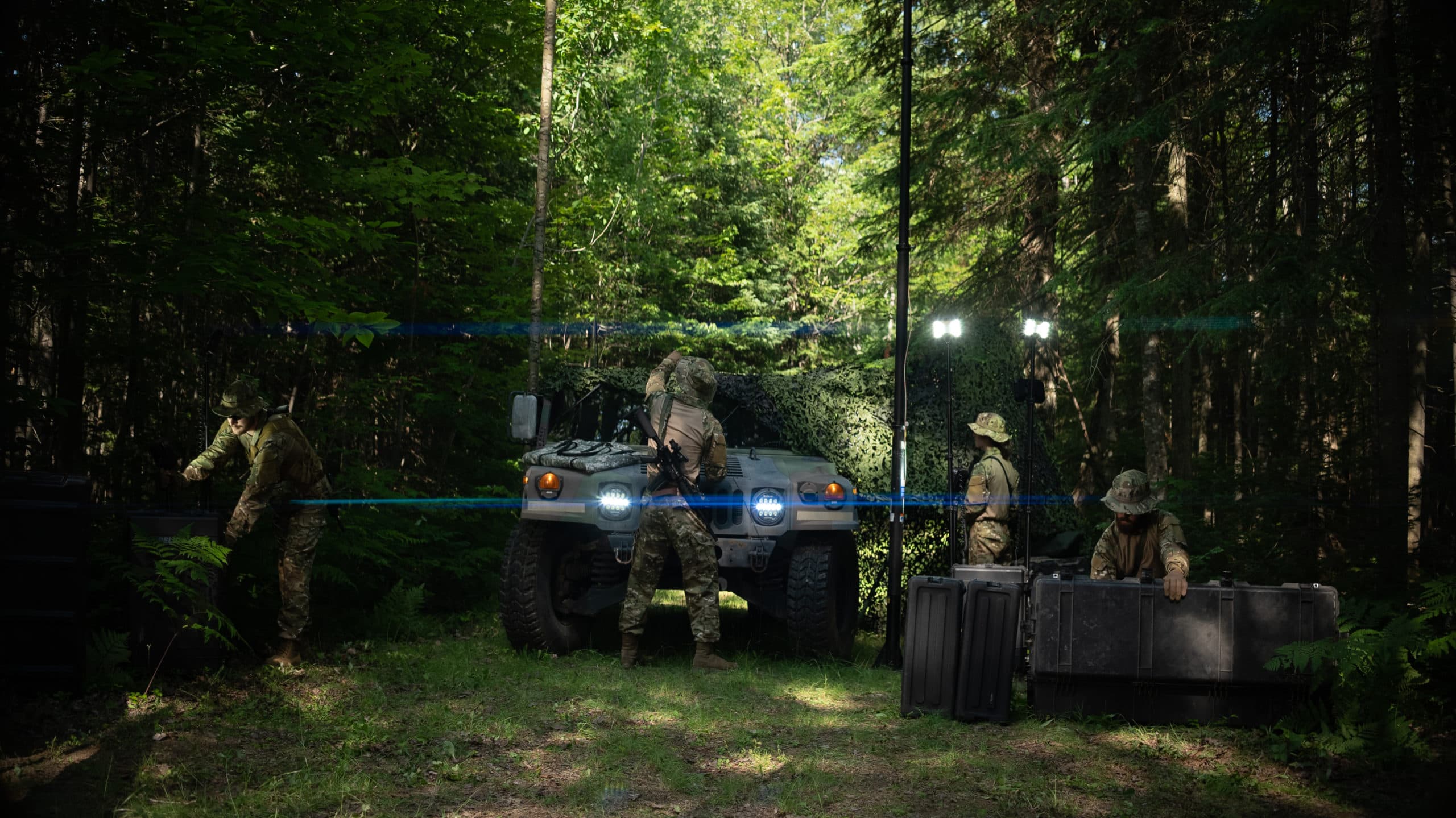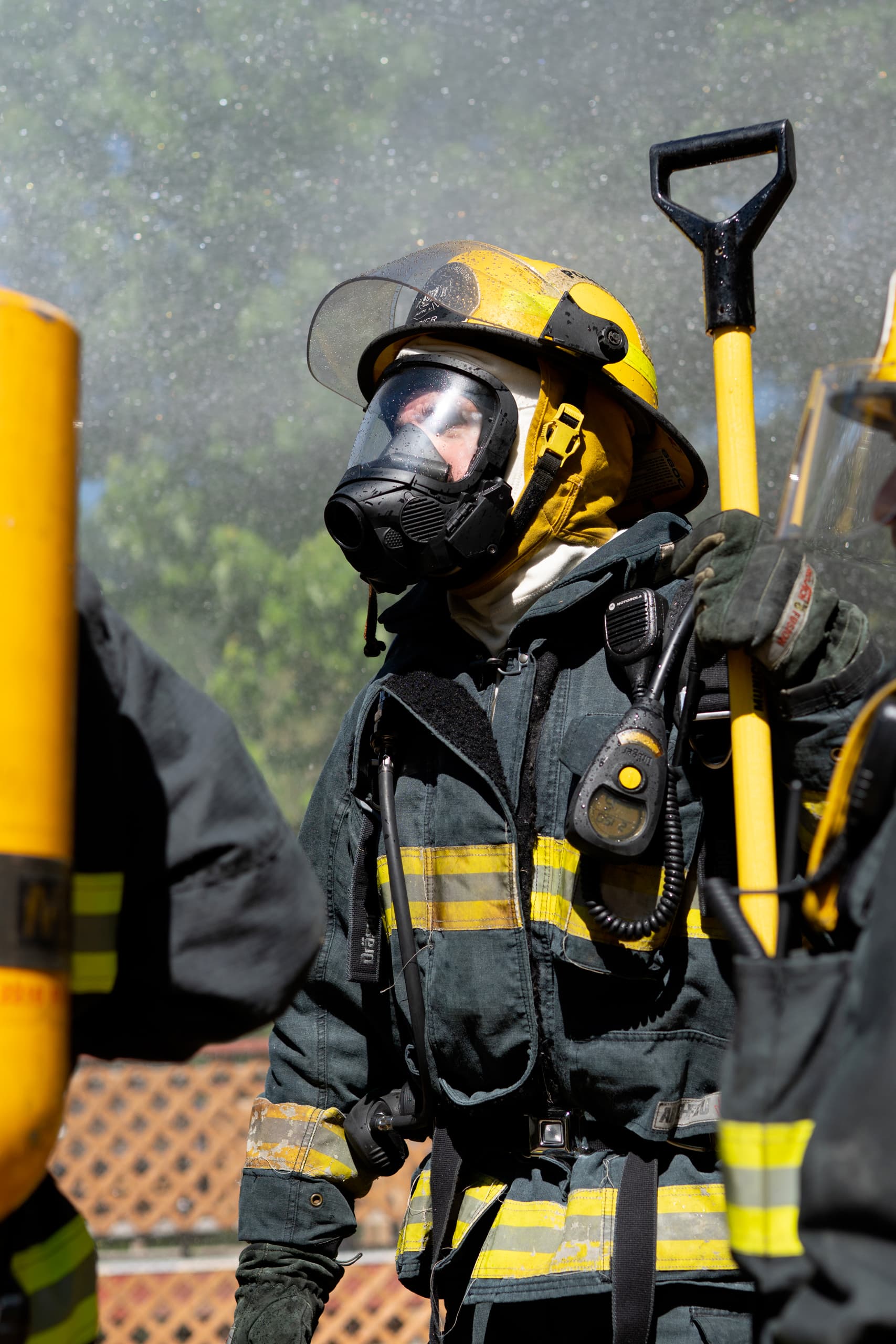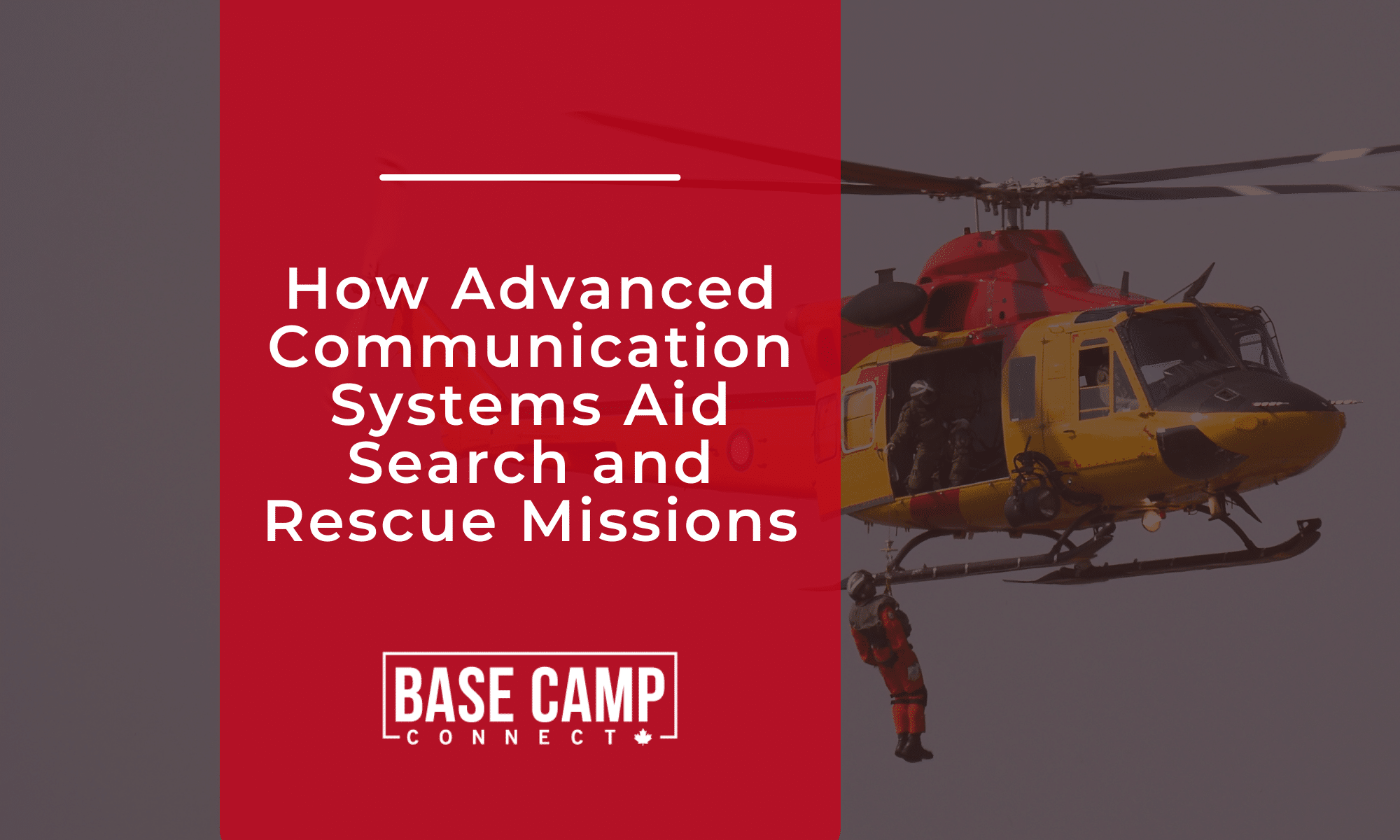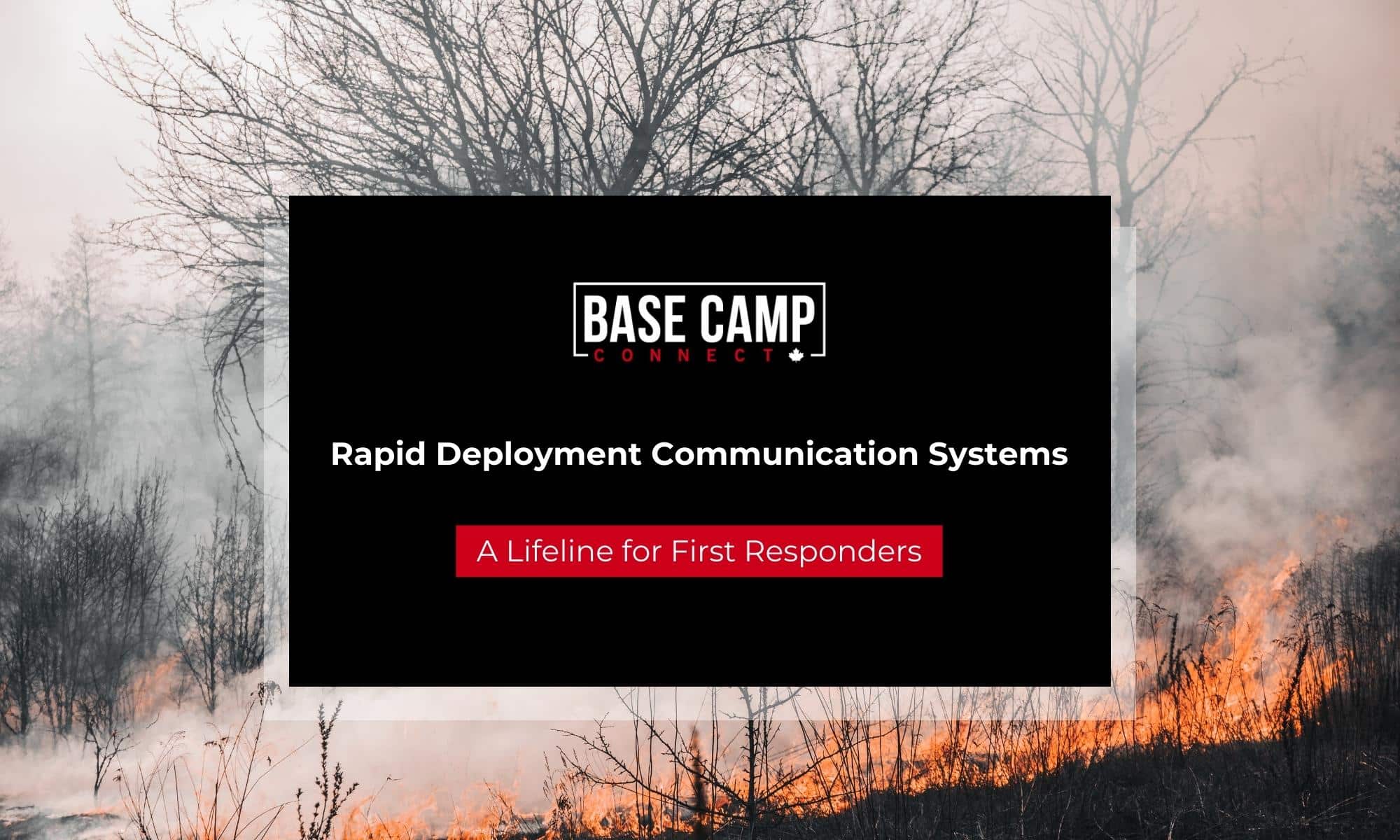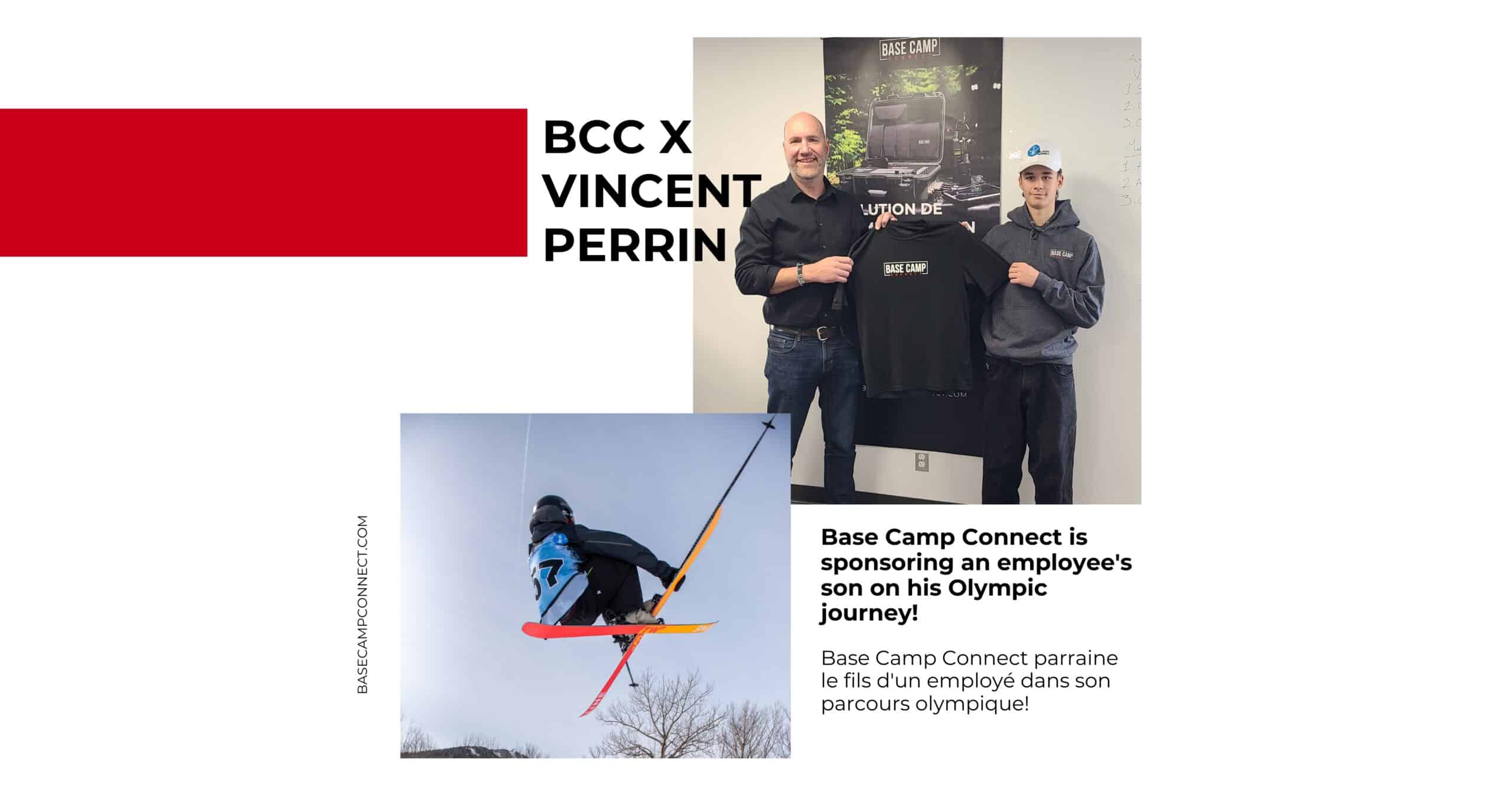What do you look for when looking for a job?
Are you interested in working with a county Office of Emergency Management? Or working OEM within a police or a fire department? Or perhaps you’re looking to move into the private sector?
Does the compensation package weight heavier to you than the culture of the agency or community you serve? Do you seek for a one-man shop or a large agency where you have ten to thirty employees? We all look for different opportunities within Emergency Management and fortunately, there are more opportunities within the profession than ever before.
We can specialize in higher education, healthcare, or even oil and gas, but one thing remains constant, you have more competition now than ever before. With Emergency Management being one of the fastest growing professions in the United States alone, returning to the job market will pose more difficulties than we ever expected thirty years ago.
[INFOGRAPHIC] What you need to know about careers in emergency management
As public safety and emergency management professionals, we can occasionally find ourselves in the job market, whether we are switching professions entirely or simply looking for a new department to call home for many reasons. One of the things that I have found over the years is there is a lot of information, videos, and resources to better ourselves as professionals, but there are few resources out there to better prepare us for actually finding work. Throughout my career, I’ve had the pleasure to work with some of the very best professionals, celebrities, politicians, and organizations in the entire world. I contribute much of my success to my personal study of subjects outside of Emergency Management and Public Safety such as; psychology, business, marketing, and an array of Self-Help books that interest me, but also have significant application to the public sector as well. Recently, my wife and I relocated from Indiana and I found myself back on the job market. I loved my position with the state, however, we both had great opportunities to move down to Texas and we decided it was time for a move. As I began to interview and apply for positions, I quickly realized that my interview skills were significantly behind what they should’ve been. I begin to watch hundreds of hours of YouTube videos from top recruiters across the globe on how to prepare and dominate an executive level interview.

This newfound knowledge has been instrumental to my success in relocating to a new state and I believe it’s something that every professional should learn even if you have no intentions of interviewing or applying for jobs in the near future. Those skills will help you to better answer questions when interviewing with media, shareholders, or the citizens of your community.
First and foremost, I would highly recommend you check out a couple of individuals on YouTube as their experience and advice is beyond exceptional. The first is Jeff Altman – TheBigGameHunterTV, I watched every video he has produced and have had tremendous success in my recent interviews and applications with fortune 500 and Fortune 100 companies because of him.
The second I would recommend watching is Deniz Sasal
The third person you should look to for interview preparation is The cognitive group Microsoft
These YouTube channels I believe are highly valuable preparing for your next month and interview, but where do you look for jobs? Most of us hunt through thousands and thousands of non-applicable positions on indeed or LinkedIn, have you tried your professional association site? The International Association of emergency managers has a fantastic job board on their site; however, I have noticed many jobs are posted to Indeed or LinkedIn before they make it to the IAEM job board. Also if you have reached a senior or executive level within your career consider using a recruiter for headhunter agency.
Going back to the job market can be daunting and intimidating at times, but we must remember that while we are working in our own field, the hiring and interviewing game is constantly changing. Keeping up with the most up-to-date trends and being well rehearsed and prepare for your next interview will be the difference between you landing the job and somebody else landing it. Always remember that your experience in your career may not always play to your advantage, as a young professional, I rarely interview against people my own age. Most of my competition is twenty to thirty years older than me and I always find it slightly amusing during the interview process when older individuals look down upon me as being an easy competitor or somebody they don’t have to worry about. In the last few interviews that I have been in, there have been anywhere from 200 to 800 applicants for executive and senior-level positions and I have beat all of them out to receive a job offer, despite being half their age. The lesson of the story is to never discredit other candidates that you are interviewing against, they made it to the same hiring process that you did.
Finally, when weighing job offers consider other aspects than just salary and insurance. With the work dynamics changing throughout our society, today’s emergency managers have negotiation leverage that previously didn’t exist. We can see what others are being compensated around the world and can use this to our advantage. I frequently advise emergency managers to put more effort in the “other” category of the negotiation package, this typically includes things such as; teleworking days, take-home vehicle, extra vacation times, and a training/education package to attend conferences, trainings, schools, etc. I have known emergency managers who have negotiated to get six weeks of paid vacation a year on their first year of the job with an additional 20 teleworking days to use at their discretion. My final note is to use the vast and extensive network that you have worked hard to create over the years to help land the job you want! Best of luck to you in any career pursuits in your future and stay safe out there.
